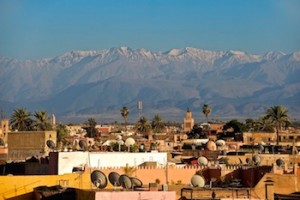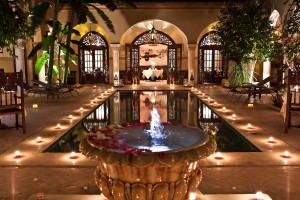Marrakech Guided Tours, Private Site seeing Adventures
Marrakech, a Berber city, located just outside the snow capped Atlas Mountains, has become one of the leading destinations for Morocco travelers during the past decade. Travelers from the USA, Europe, Russia and Brazil continue to place Marrakech on their bucket list. Marrakech…






